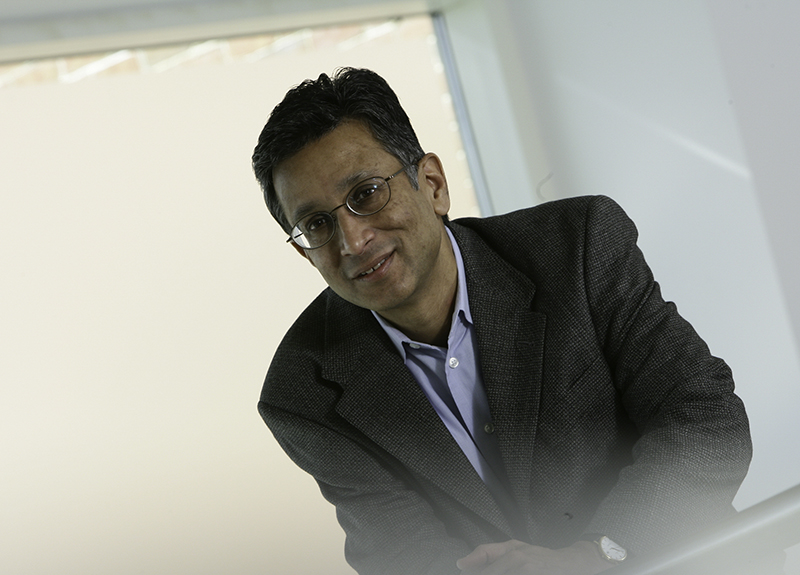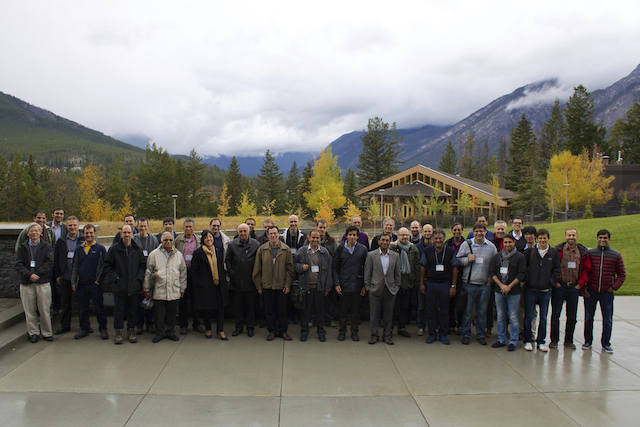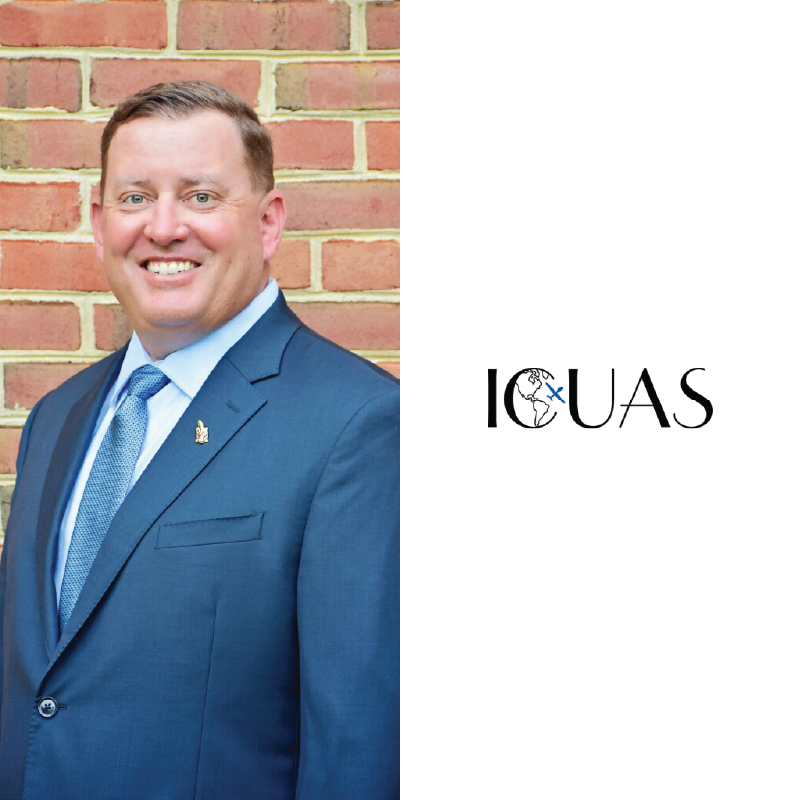News Story
Narayan is PI for NSF sampling rate distortion grant
Professor Prakash Narayan (ECE/ISR) is the principal investigator for a three-year, 500K NSF Communication and Information Theory grant, Sampling Rate Distortion.
The research takes an information theoretic approach to understanding principles that govern a coordinated rate-efficient sampling of multiple signals and centralized compression of the sampled subset. The goal is to reconstruct the entirety of the signals within acceptable distortion levels. The research has three main components: an integrated analysis of sampling and rate distortion behavior, and their tradeoffs; sampling rate distortion theory for Markov random fields; and sampling rate distortion performance for signals with memory. Expected outcomes are a characterization of fundamental performance limits of optimum sampling rate and lossy compression rate and their interplay, together with the best choice of sampling mechanisms and attendant processing for reconstruction.
The investigators' technical approach involves the development of a principle of "sampling rate distortion" which lies at the intersection of specialities in information theory and signal processing, and has the larger objective of elucidating material connections between sampling and rate distortion performance. The performance of specific sampling and rate distortion processing schemes will be investigated. Specific groups of open problems chosen for investigation address a general class of multisignal models for sampling and lossy data compression. These are motivated by potential applications including dynamic thermal management for on-chip temperature control during runtime; network function computation; and image restoration, surface reconstruction and visual integration in computer vision.
Published September 1, 2013












